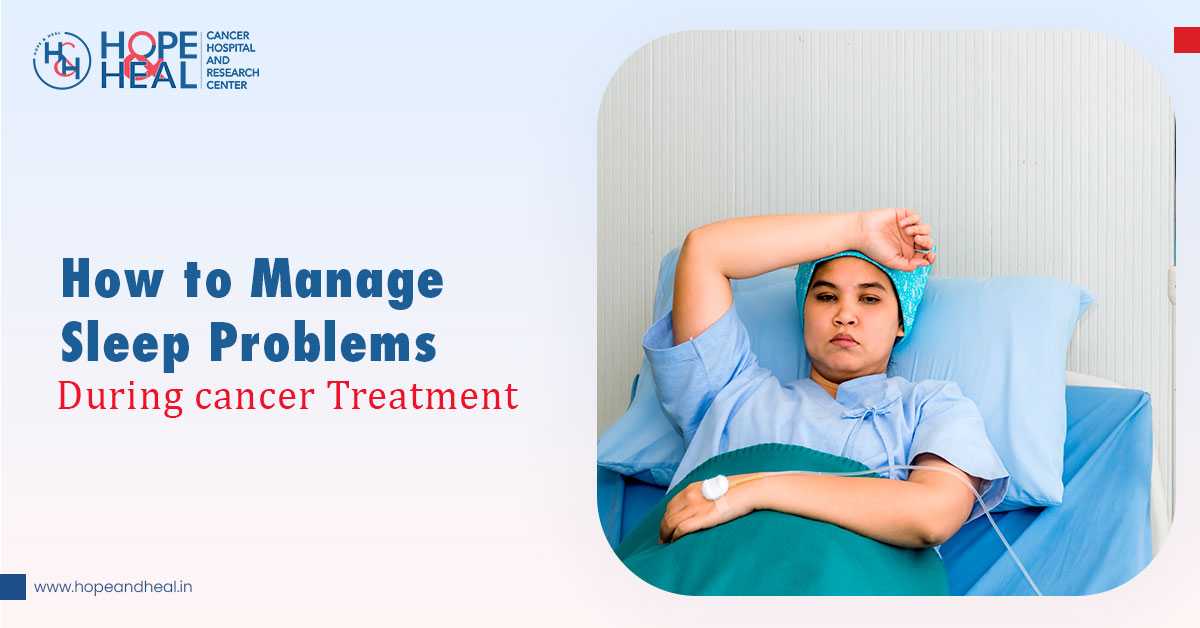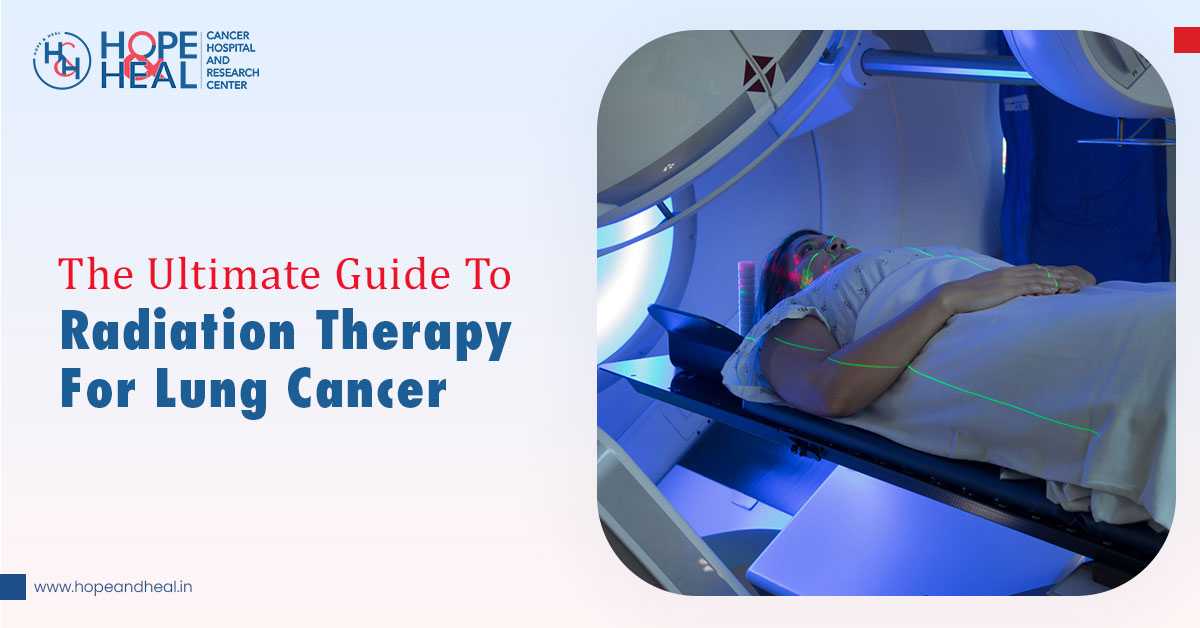Prostate cancer starts when the cells of the prostate gland multiply abnormally. This tiny, walnut-shaped gland forms seminal fluid, known as semen, that nourishes and moves sperm. Malignant (cancer) formation sometimes grows progressively. In other instances, it develops and spreads quickly.
Adenocarcinoma, the most common form of prostate cancer, develops in the glandular epithelial cells of the prostate gland. Here possible symptoms may include blood in the semen, painful urination, frequent urge to pee, painful ejaculation, etc. Receive expert guidance for cancer care and chemotherapy in North Bengal.
Such signs are also the signs of urinary tract infections and prostate enlargement (to some extent). There’s no significant link exists between prostate cancer and prostate enlargement. But they can coexist. When DNA cells undergo changes results in unusual cell division.
The accumulation of abnormal cells forms a tumor. The tumor can undergo metastasis, meaning the tumor spreads to other sections of the body. Maintain your body weight since a higher amount of body fat is associated with the risk of prostate cancer. Age over 50, family history, and inherited mutations of the BRCA1 or BRCA2 genes can also contribute to the malignant growth of the gland.
Here are some signs of prostate cancer:
Urinary signs
- Problems holding back urine
- Burning sensation during urination
- Painful urination
- Frequent urination
- Nighttime urination/nocturia
- Issues with starting urine
- The presence of blood in the urine makes it look dark coloured
Lower extremity signs
- Swelling
- Bone pain
- Pain felt in the upper thighs, hips
- Stiffness in the lower back
Erectile & Ejaculation signs
- Painful ejaculation
- Blood in the semen
- Reduced volume of ejaculation
- Problems achieving or keeping an erection
It’s tough to identify the condition without a medical assessment since health symptoms often overlap. Are you undergoing such signs? Reach out to your doctor today. Under proper diagnosis, your medical healthcare provider can determine the underlying concern.
Certain things can help you with the prevention, such as – physical activity, weight maintenance, making healthy food choices, reducing/avoiding supplements, adding fruits and veggies to your diet, and considering a medical consultation upon early notice of signs. Get in touch with the best oncologist in Siliguri for chemotherapy in North Bengal.
For low-grade prostate cancer, treatment may not be of immediate need. Routine blood tests, prostate biopsy, rectal exam, and physical examination are important for active surveillance if recommended by a doctor. Another treatment option here is the surgical removal of the prostate and nearby tissues with some lymph nodes.
A patient might receive a combination of medical care for prostate cancer, such as radiation therapy, chemotherapy, targeted drug therapy, immunotherapy, or hormone therapy. Visit your oncologist and receive optimal healing of prostate cancer.




